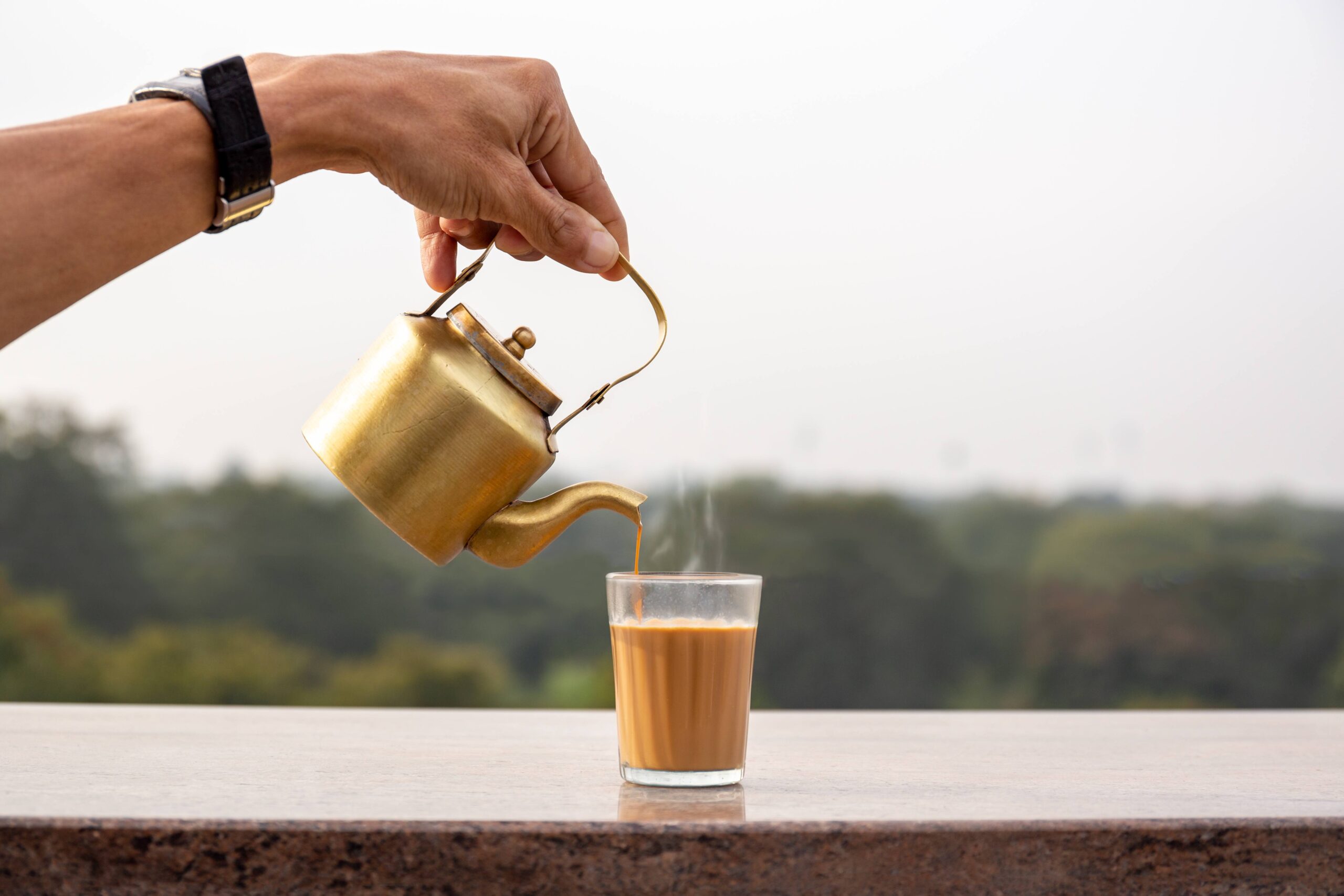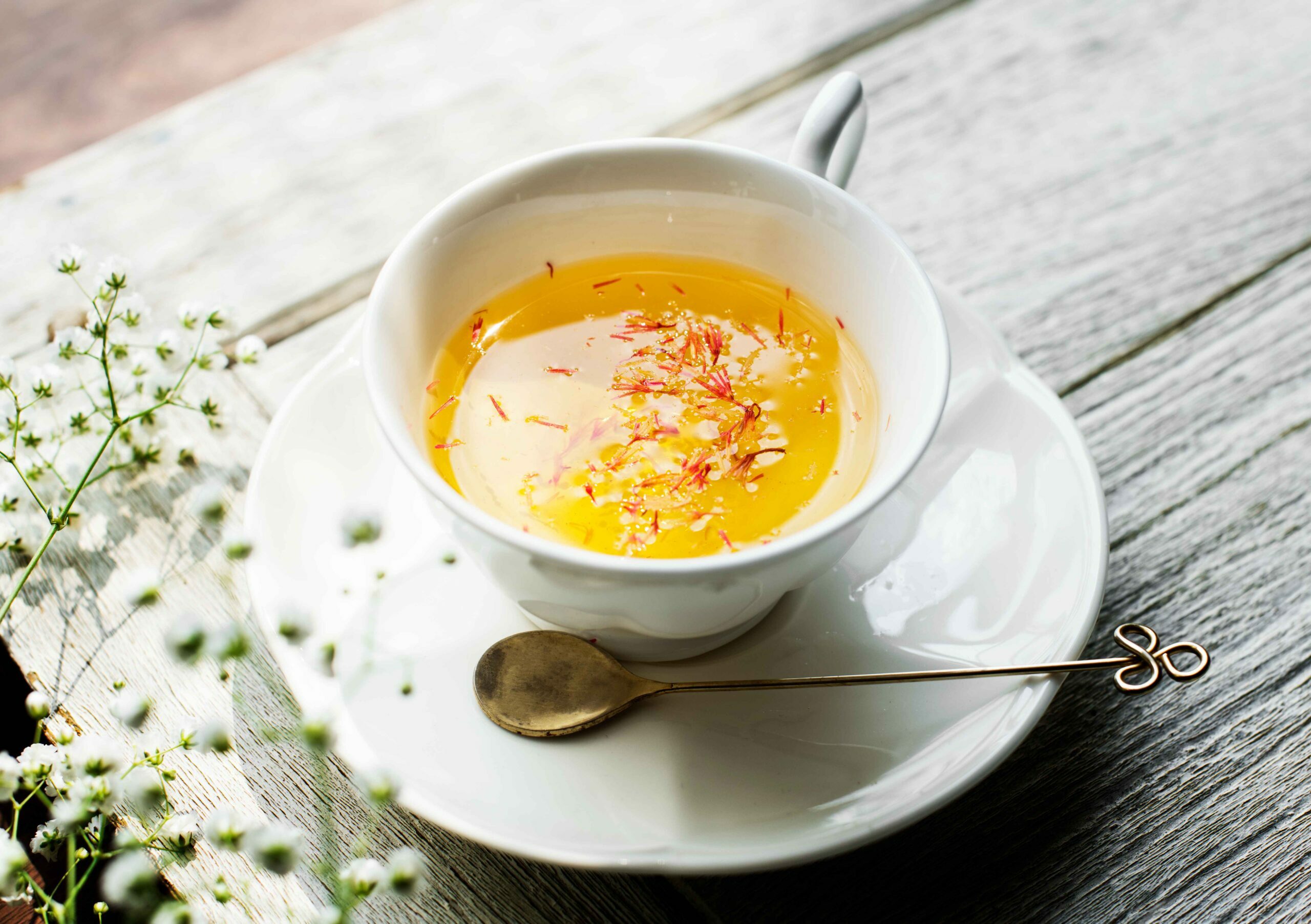Originated in the Indian subcontinent, Chai has always ruled the world of beverages due to its calming and kicking effect. But, does Chai Tea have caffeine? Due to the increasing popularity of chai, people have now started calling themselves “chai lover” therefore, it is a topic that can alter your love for this beverage. Don’t worry if you weren’t aware of this fact earlier, as we have got some useful information.
Does chai tea have caffeine?
Before jumping to a random conclusion, you need to know that yes! Your chai is caffeine-infused. The caffeine in a chai is due to the black tea used in its brewing process. Caffeinated black tea is the reason behind the wave of energy that hits you as soon as you take your first sip. However, this caffeine is also a reason why some people question the usefulness of chai, as caffeine can have harmful effects if consumed in excess quantities. Its effects are discussed later in this article.
This information shows the vitality of the caffeine content in a chai. There is no fixed amount of caffeine in a chai; it varies with the variety, brewing process, and steeping time. You will be glad to know that decaffeinated teas are also available in the market, which can replicate the energizing effect of a regular milk tea.
Let’s move to the next section to seek the specific amounts of caffeine each type of tea may contain.
How much caffeine does chai tea have?
“Tea” and “latte” are two different and most consumed varieties of chai. If you are addicted to the hard taste of black tea, chai tea is for you. But, if your body cannot digest excess caffeine, you can switch to a chai latte instead.
“Chai tea” refers to the regular milk tea made by mixing herbs, spices, and sweeteners. Its caffeine content varies from 20 mg to 100 mg. The caffeine content can be reduced by decreasing the duration of steeping and using smaller amounts of raw black tea. The mesmerizing smell and flavor of Darjeeling tea or Assam tea can convince you to stick with your regular milk tea.
Chai latte, on the other hand, is a more westernized version of regular milk tea served by Starbucks. Chai latte is made by pouring infused chai into hot milk. The high content of milk accounts for reducing the amount of caffeine, thus making it a low-caffeine chai. The caffeine content can vary from 25 mg to 35 mg depending upon the source of black tea. If syrups are used to replicate the flavor of black tea, your beverage can be considered decaffeinated.

How does caffeinated chai tea affect you?
Caffeine is considered a beneficial ingredient in teas as it helps in improving memory and hastens the weight loss process. It is observed to increase the metabolism rate, which can aid your weight loss journey. It can also assist in digestion by smoothing bowel movements. You can also deal with fatigue by having a cup of caffeinated chai.
However, some concerns are also there regarding the excessive consumption of caffeine as it can interfere with your sleep cycle. It is good to start your day with a dose of energizing chai, but having it during bedtime can cause sleeplessness in the long term. Unlimited consumption can also lead to heartburn.
Takeaway
Keeping the beneficial effects of its caffeine content in mind, chai tea is a functional beverage. Its caffeine content is lower than your hard black teas (50 mg to 100 mg) but higher than herbal teas and green teas (25 mg to 30 mg). Every human body is different. Therefore, the consumable amounts of caffeine can vary from person to person. One can always switch to a healthier option according to their body’s needs.
Buy green beverages green tea from Amazon , Flipkart and Fresh and Organic delivery.





